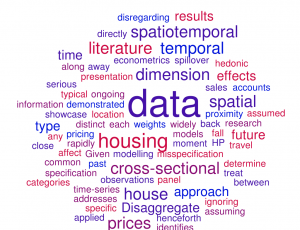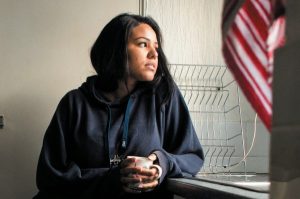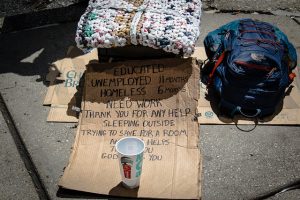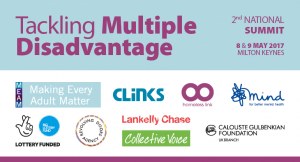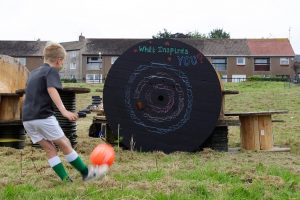Today I-SPHERE publishes a report that provides an analysis of ‘core homelessness’ in Scotland’s four largest cities. In this new blog, Mandy Littlewood takes us through some of the main findings.
Category: Research
Homelessness and Charity: Whose needs are we serving?
In September 2017, I-SPHERE hosted a visit from Cameron Parsell (University of Queensland). Here he reflects on the role of charity in responding to homelessness in advanced welfare state contexts.
Social Rented Housing in the (Dis)United Kingdom
In the aftermath of Theresa May’s much-trailed announcement on social housing, Mark Stephens reflects on housing policy divergence in the UK.
Homelessness Projections – understanding the data
This week a report published by homelessness charity Crisis predicted stark increases in homelessness if further action is not taken. Here, Prof Glen Bramley, author of the report, takes us through some of the methodology, and difficulties in modelling homelessness.
What will happen to levels of homelessness if we do nothing?
In 2016 around 160,000 households experienced the most acute forms of homelessness. If we fail to address homelessness this figure will reach 392,000 by 2041 reports Francesca Albanese from Crisis.
Paid Internship Programme on Homelessness with The Oak Foundation and I-SPHERE – Deadline for applications 9th August 2017
Applications are now invited for the first round of a series of paid internships on the theme of homelessness, offered by the Oak Foundation in partnership with the Institute of Social Policy, Housing and Equalities Research (I-SPHERE) at Heriot-Watt University Edinburgh.
Can homelessness happen to anyone? Don’t believe the hype
Could homelessness happen to anyone? Professor Suzanne Fitzpatrick explores such claims to suggest assumptions could distract us from focusing on causes that may be identifiable, and possibly preventable.
How can we ethically respond to rough sleeping? A four-point framework
How can society best respond to escalating levels of rough sleeping? Dr Beth Watts offers four criteria to help navigate through this extremely polarised debate.
‘Changing the game’ for people with multiple needs: the role of evidence and reason
Tackling multiple disadvantage requires prioritising reason and evidence over the lure of exciting new approaches and the inertia of established ways of working, argues Beth Watts.
Five steps to make children’s rights a reality in the Scottish planning system
The Scottish planning system is soon to undergo reform. Here, Dr Jenny Wood identifies five ways Scottish Government can improve children’s participation in the planning process, and the environments it shapes and manages.



